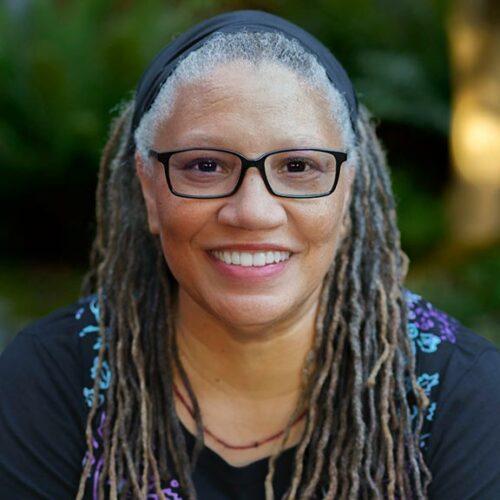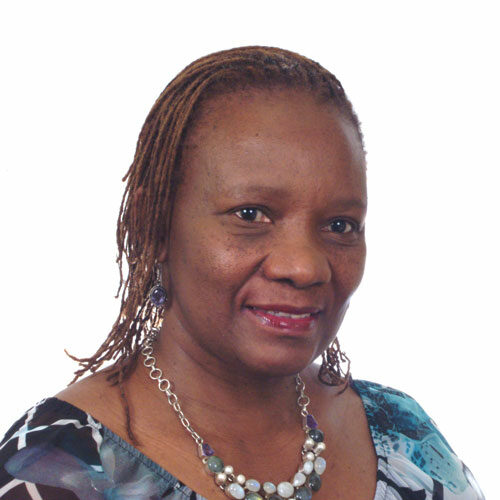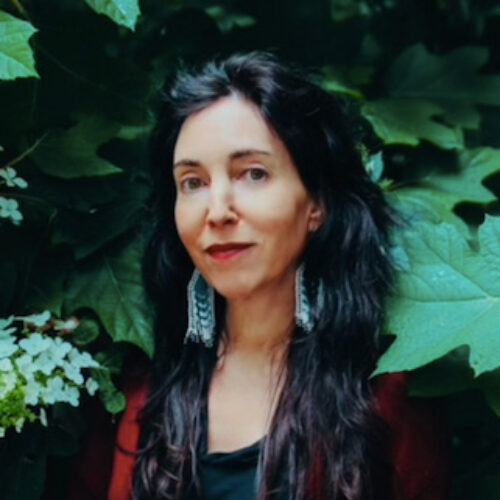Biologically, psychologically, and in common sense there is no doubt that the human experience is both intrinsically individual and intrinsically relational. Our bodies are separate. You will never directly know my inner universe. Also, our bodies evolved to relate. The brain is a relational organ. Our sense of safety and joy, suffering and inquiry, has relational roots.
And since the Dharma is about the nature of the human experience, the Path must be both intrinsically individual and intrinsically relational. Morality, wisdom practices, and even meditation will be most fitting when they reflect this conjoined individual and relational nature.








Discussion